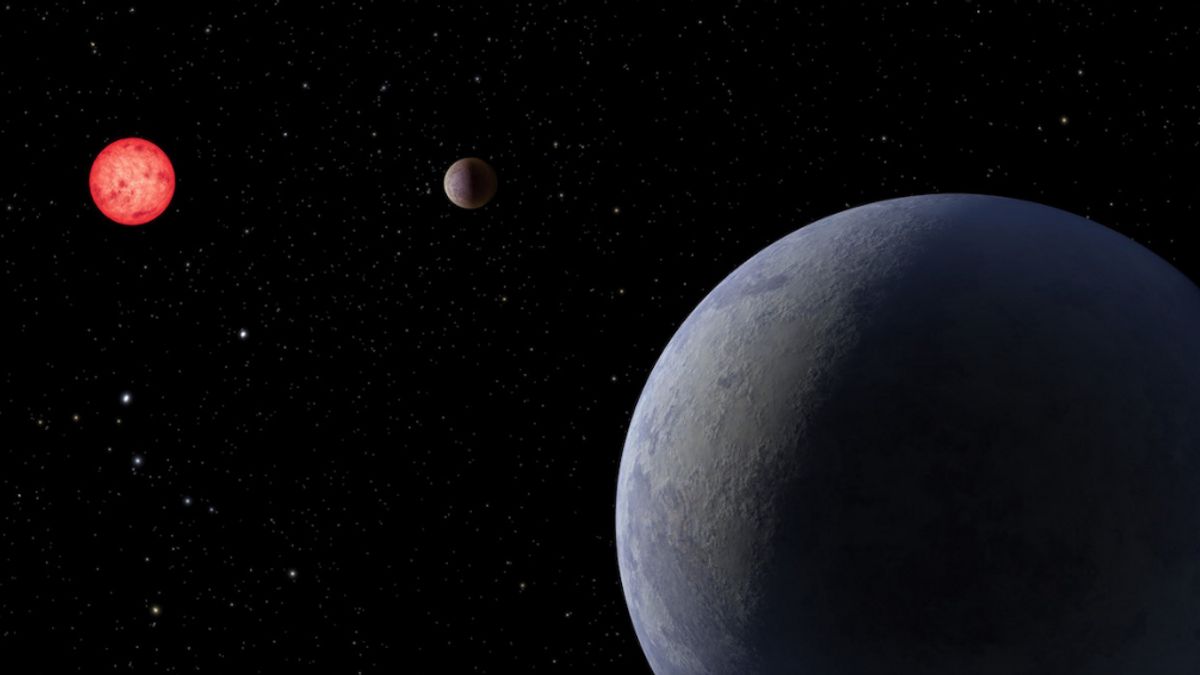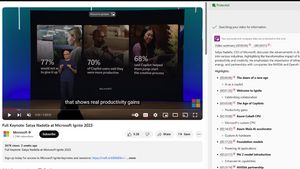JAKARTA The exobulan, a natural satellite orbiting the exoplanet, is still a big question mark to date. The reason is, the presence of this natural satellite cannot be proven by scientists.
Previously, there was a study that said that two exoplanets, namely Kepler-1625b and Kepler-1708b, had the potential to have a moon. However, this research has not yet been confirmed.
Sciencealert reports that Institute Astrophysicist Max Planck René Heller is trying to find the moon. The astronomer said that, "We would like to confirm the discovery of exomoons around Kepler-1625b and Kepler-1708b."
Unfortunately, this desire is very difficult to convey. Even though today humans have found around 5,550 exoplanets, the search for exoplanets is still not easy. The further the exoplanet, the smaller the size and light.
This condition makes it difficult for scientists to detect exoplanet orbiting satellites. Apart from the distance problem, they also find it difficult to separate exoplanet signals from their mothers. In fact, this signal is very useful in research.
SEE ALSO:
In 2018, one group of astronomers said it caught an exobulan signal surrounding Kepler-1625b. They also tell how the signal can be detected tentatively.
A year later, there were two astronomers who tried to replicate these observations. According to them, the claim that the signal came from an exobulon was most likely wrong. They believe that the signal came from an ordinary planet.
Back to Heller, he and his partner designed an algorithm to detect exoplanet transits with an exobulan named Pandora. The first exoplanet they examined was Kepler-1708b.
According to▁hubungannyas and Astrophysics expert Michael Hippke, there is no data to suggest that exobulans are around the planet. Similar results were also seen as they examined Kepler-1625b.
With the results of this study, it may be that exobulan is not in the vicinity of the two exoplanets. However, there are still opportunities for exobulan presence on other exoplanets considering that outer space is still too wide to explore.
The English, Chinese, Japanese, Arabic, and French versions are automatically generated by the AI. So there may still be inaccuracies in translating, please always see Indonesian as our main language. (system supported by DigitalSiber.id)
















